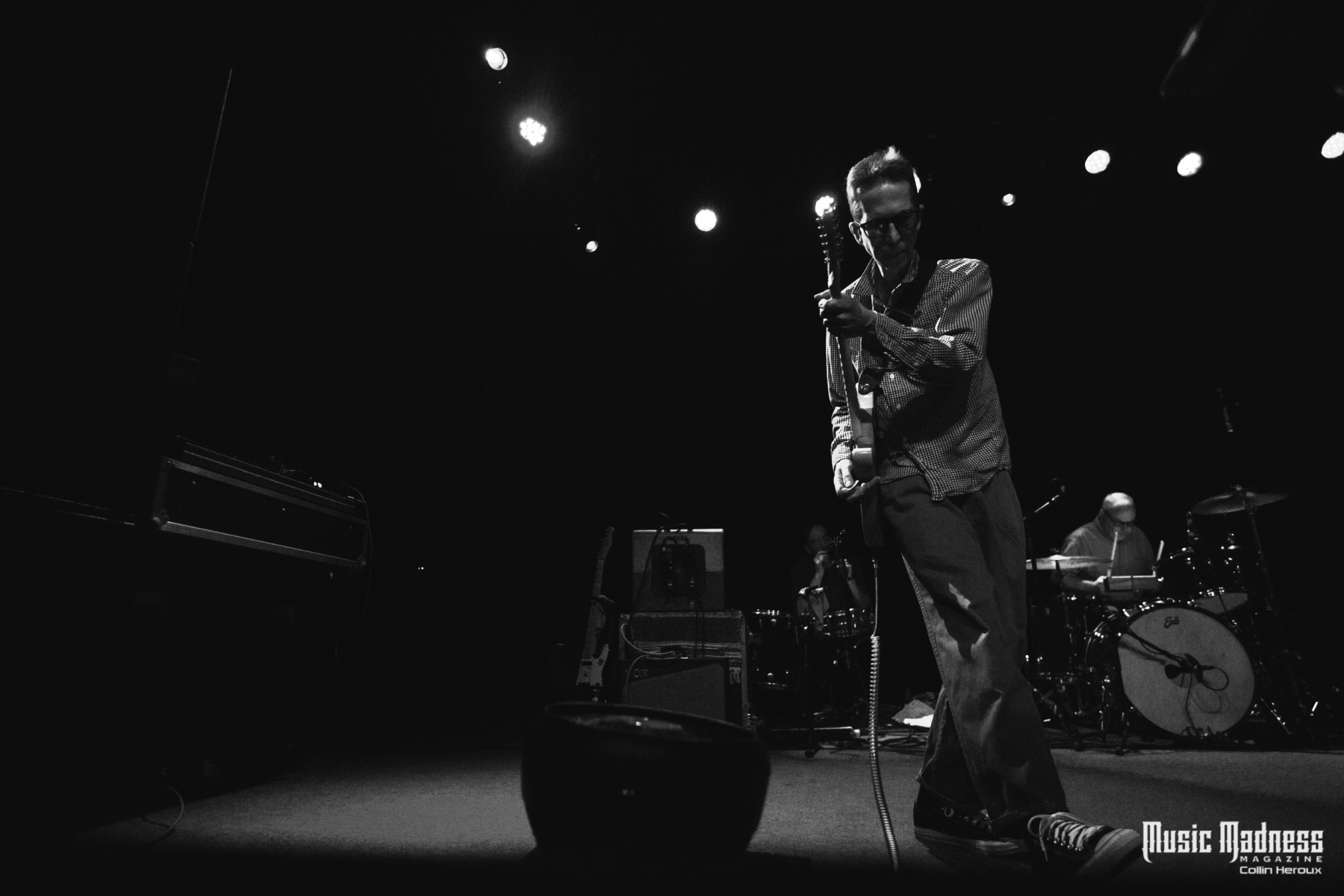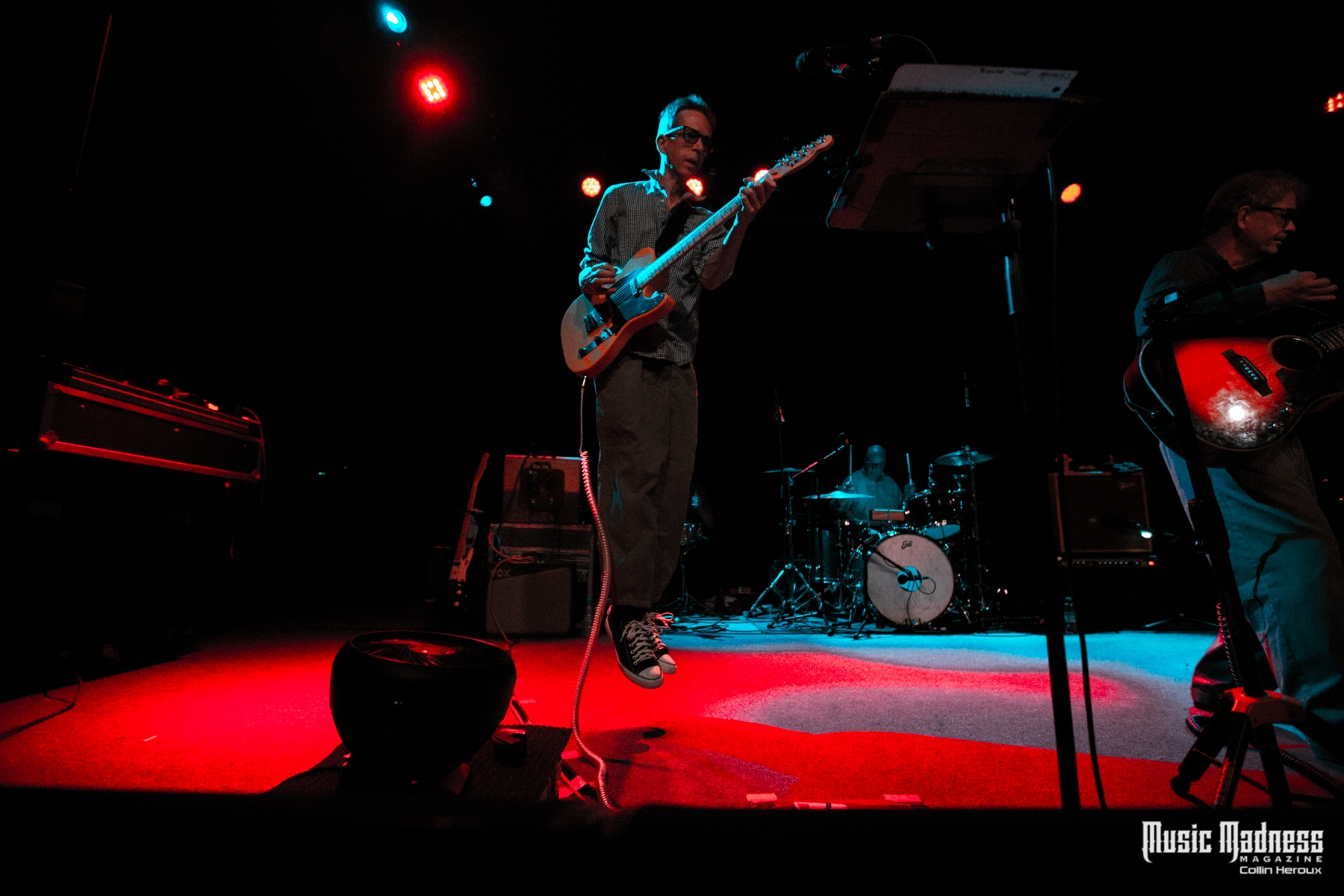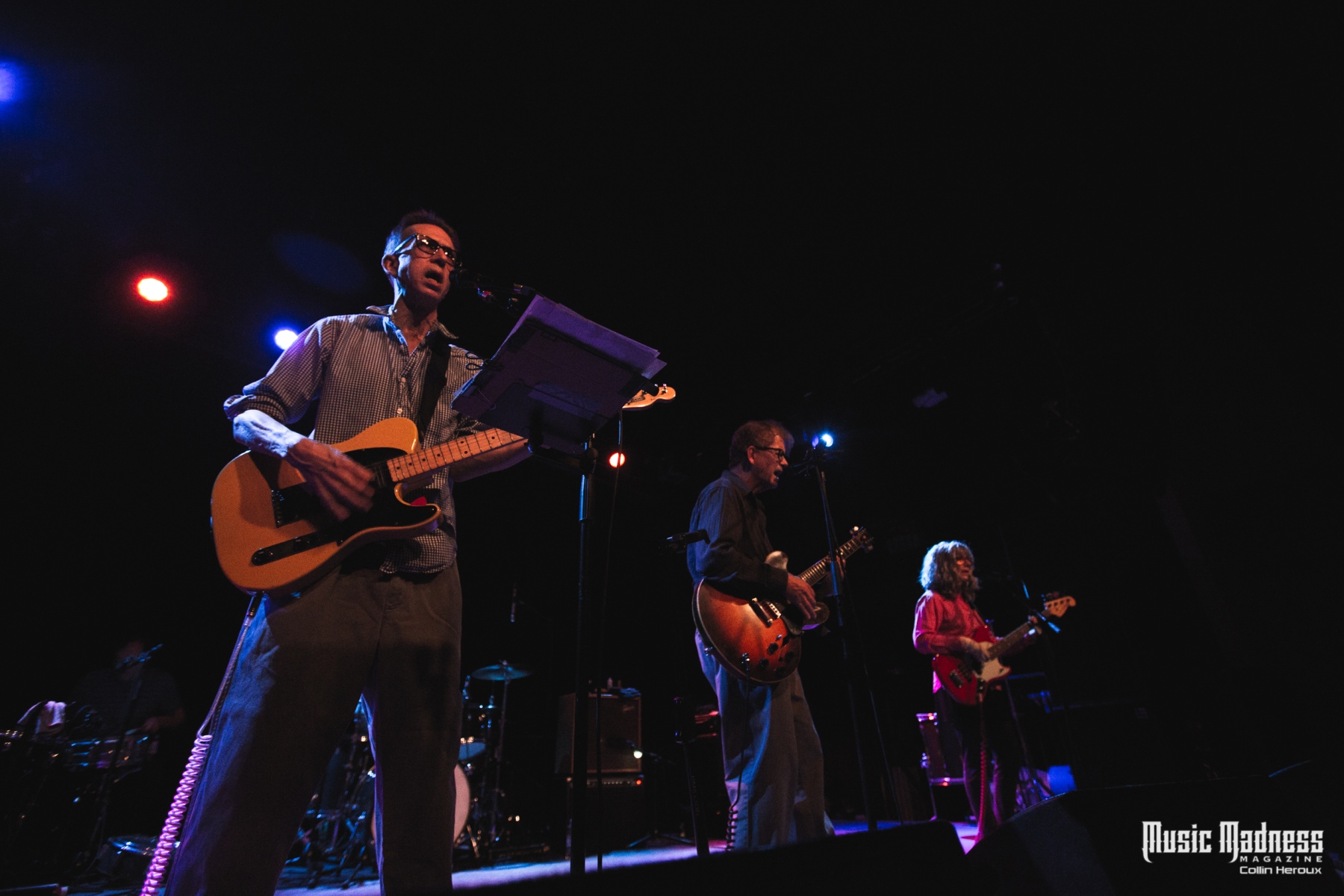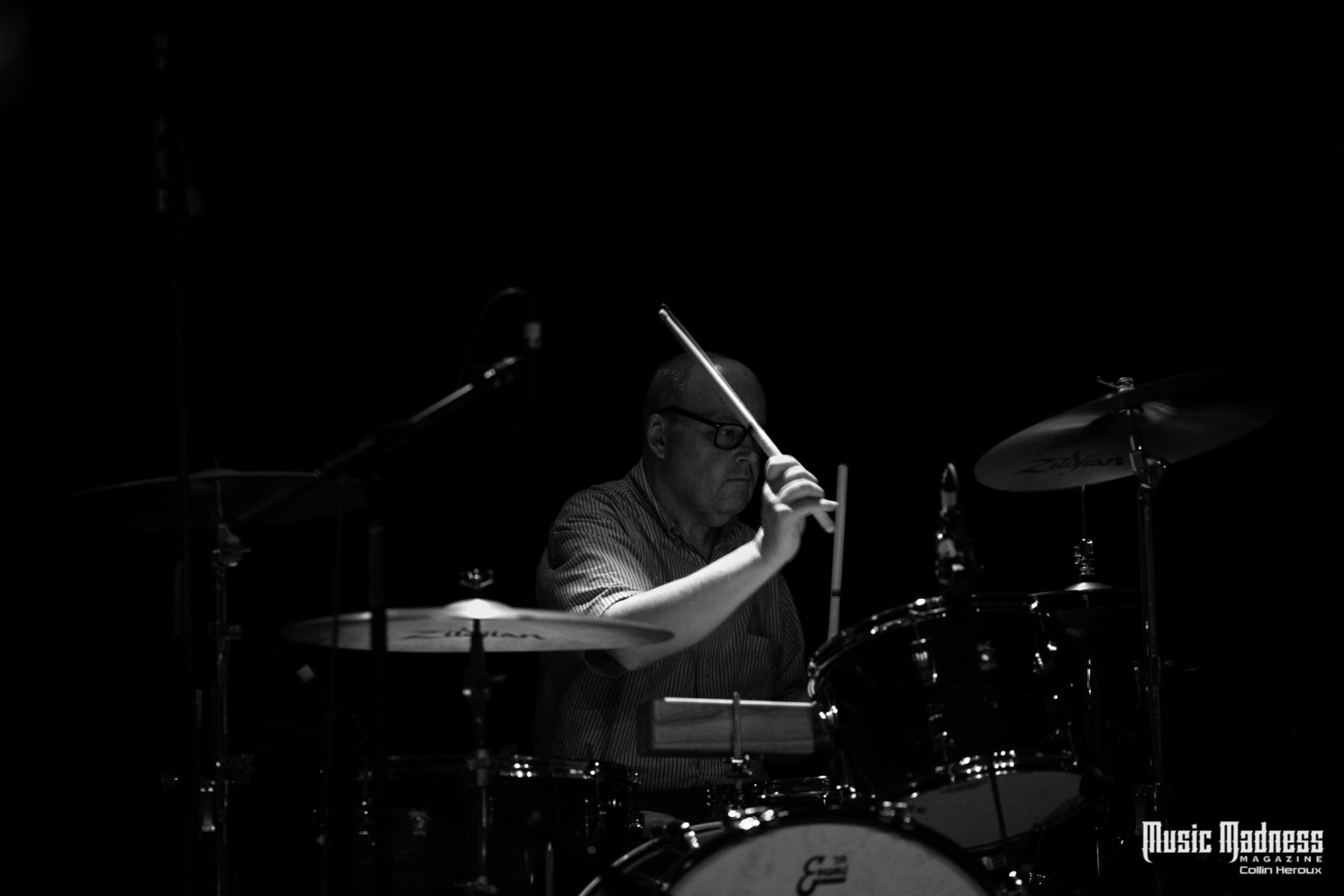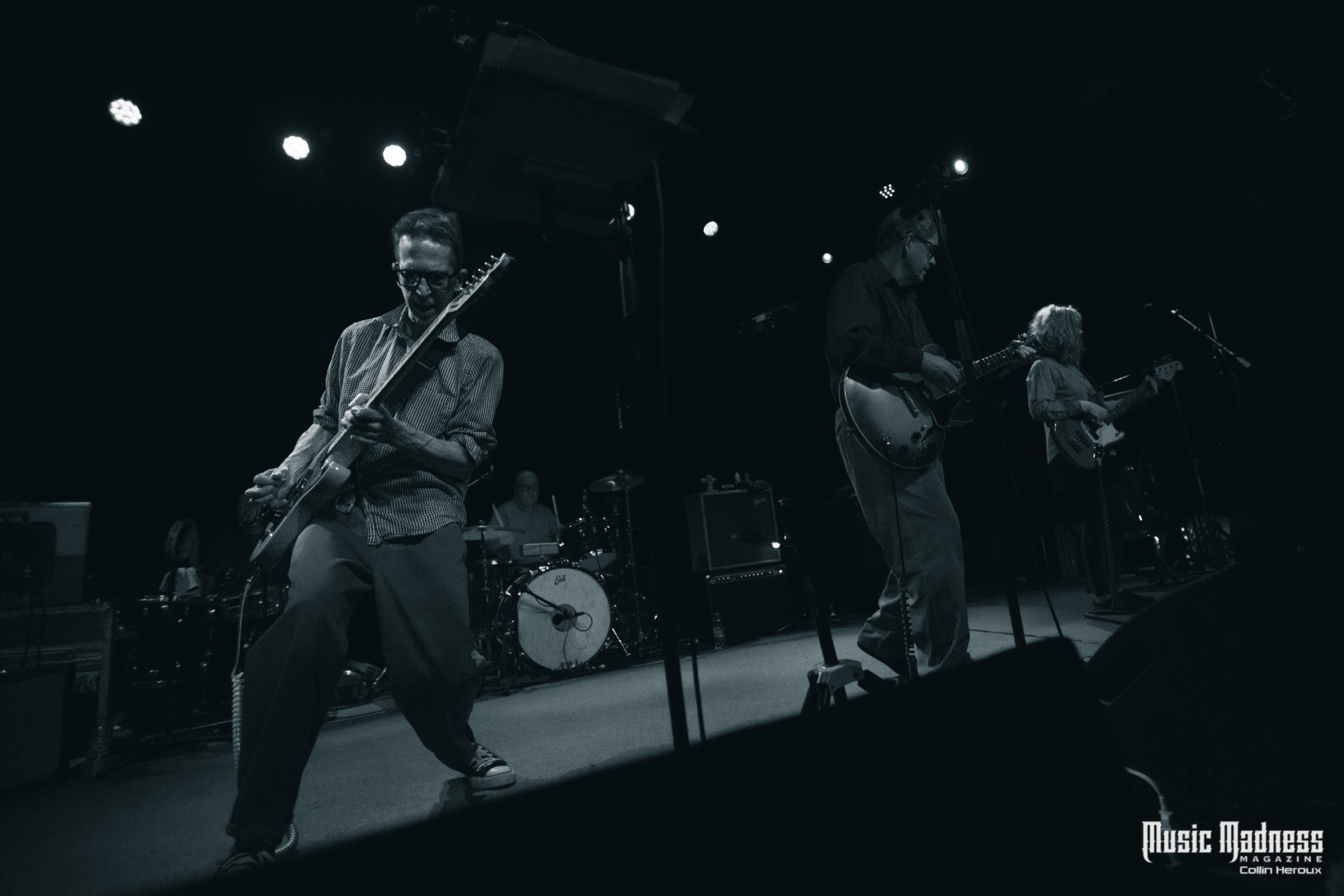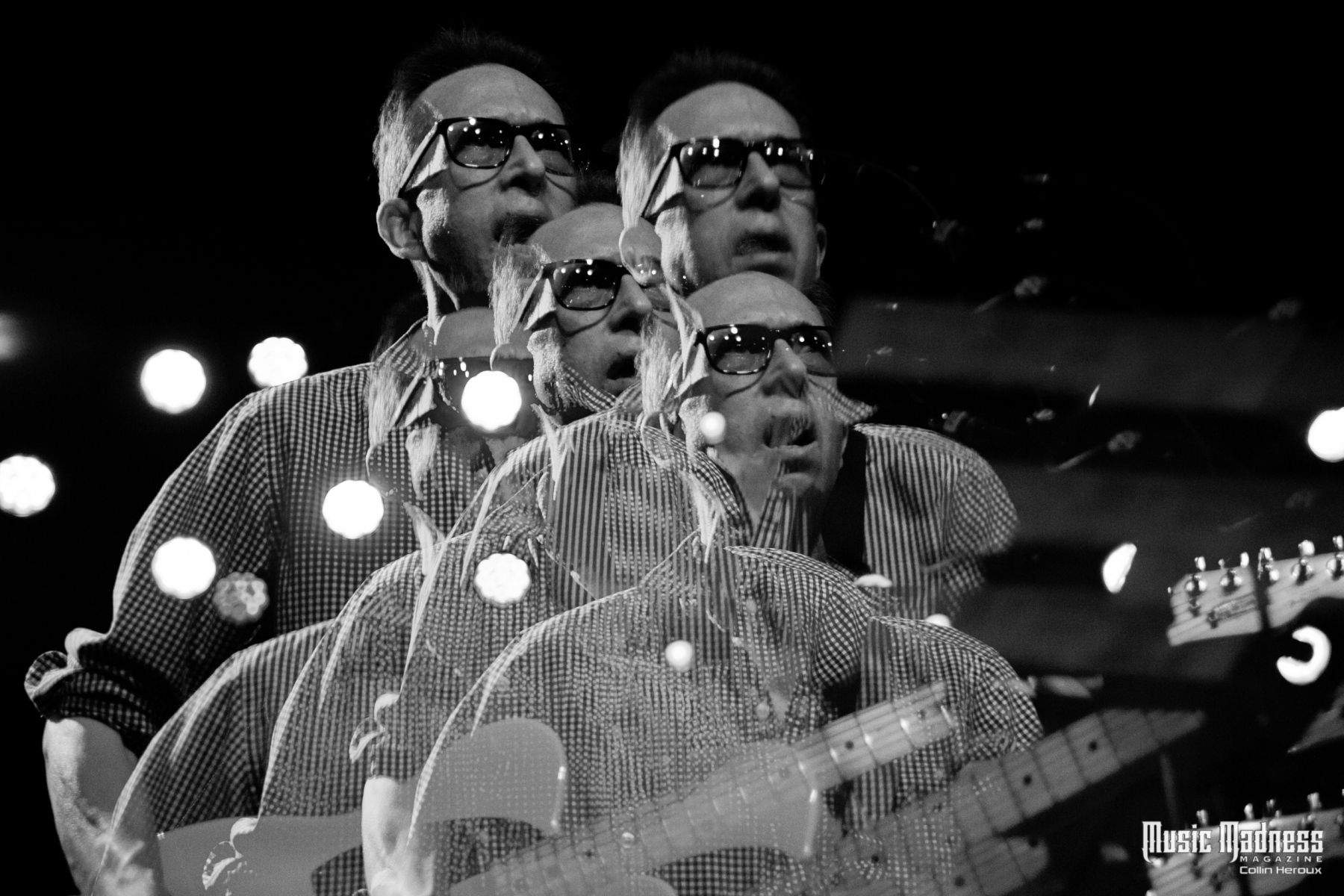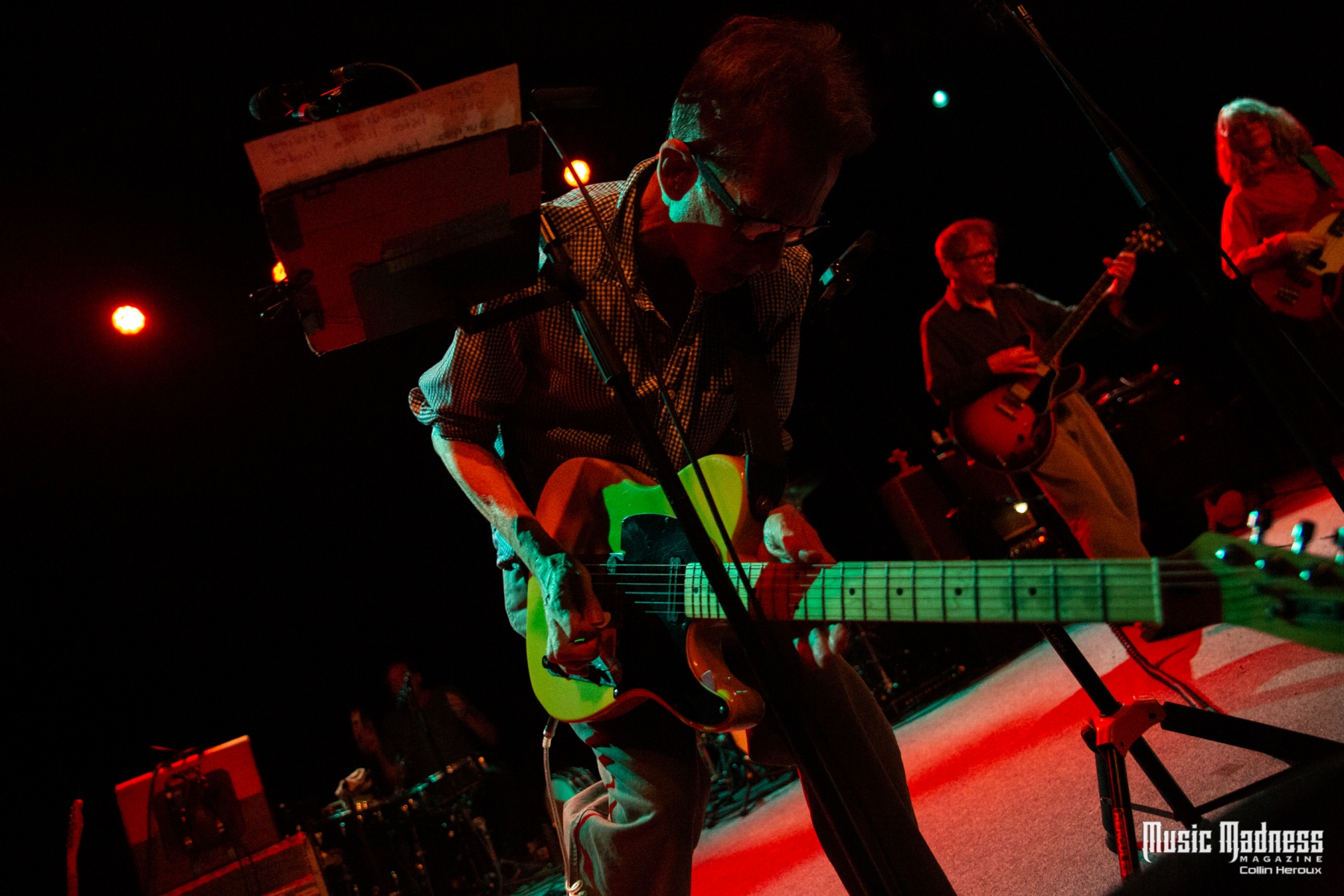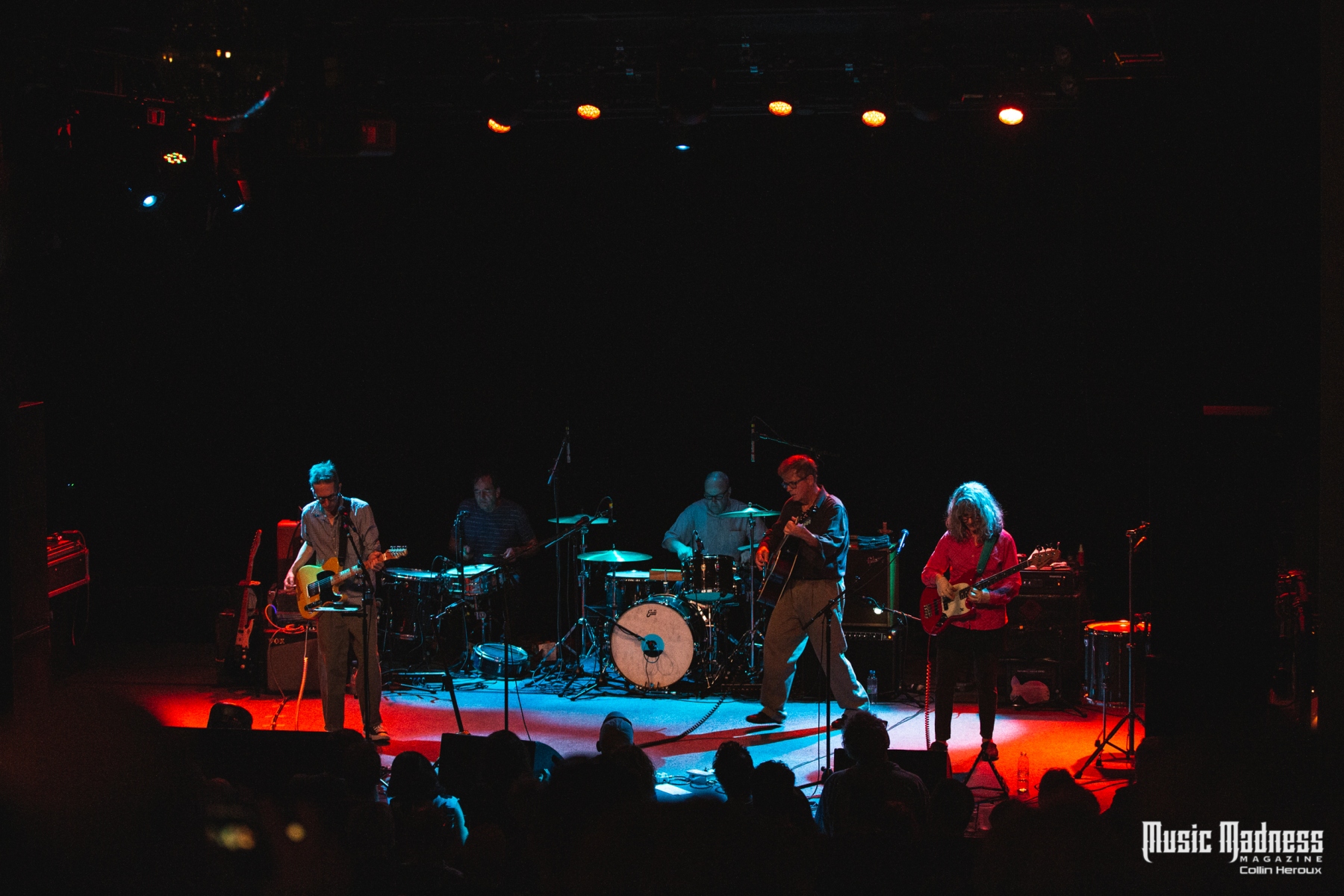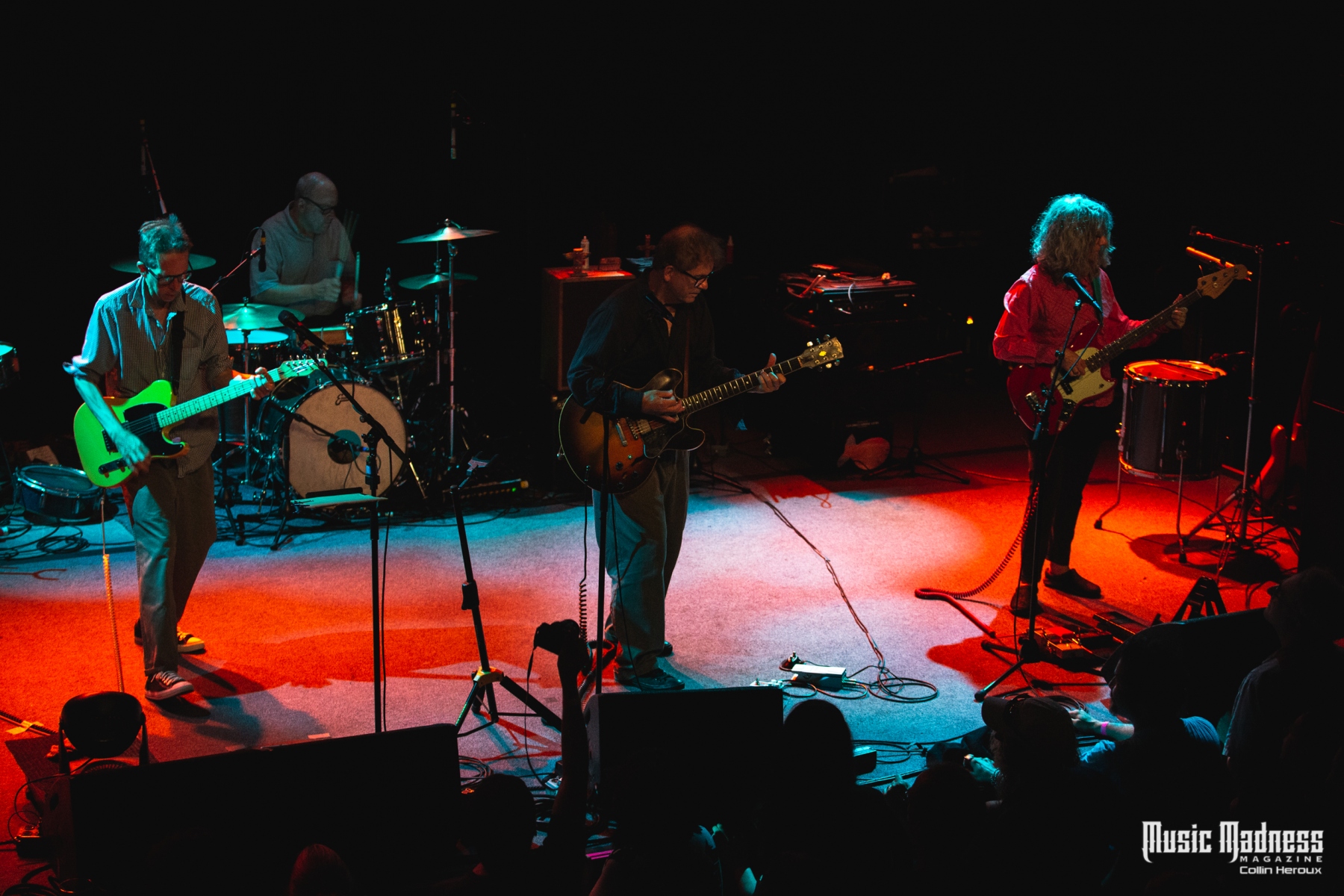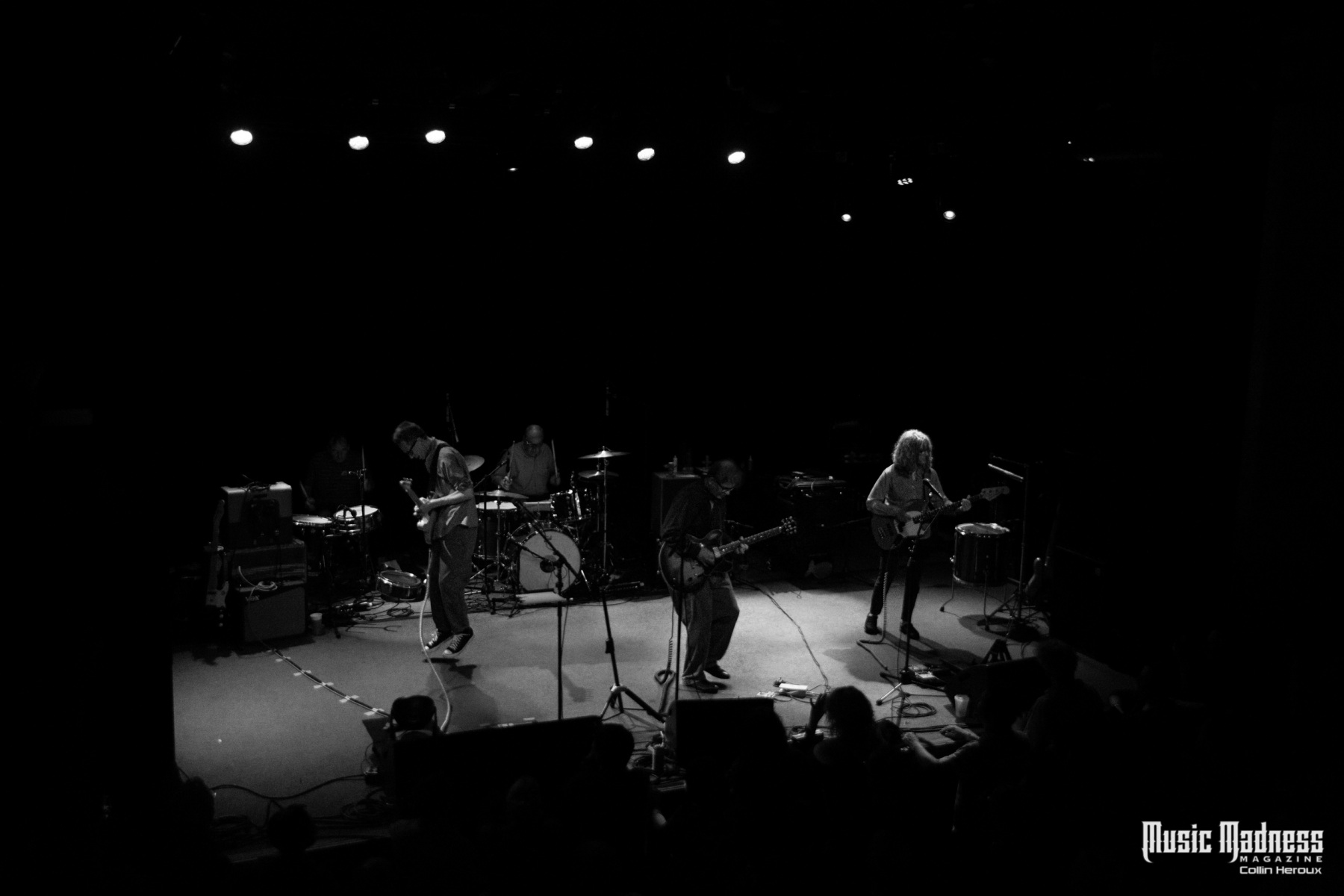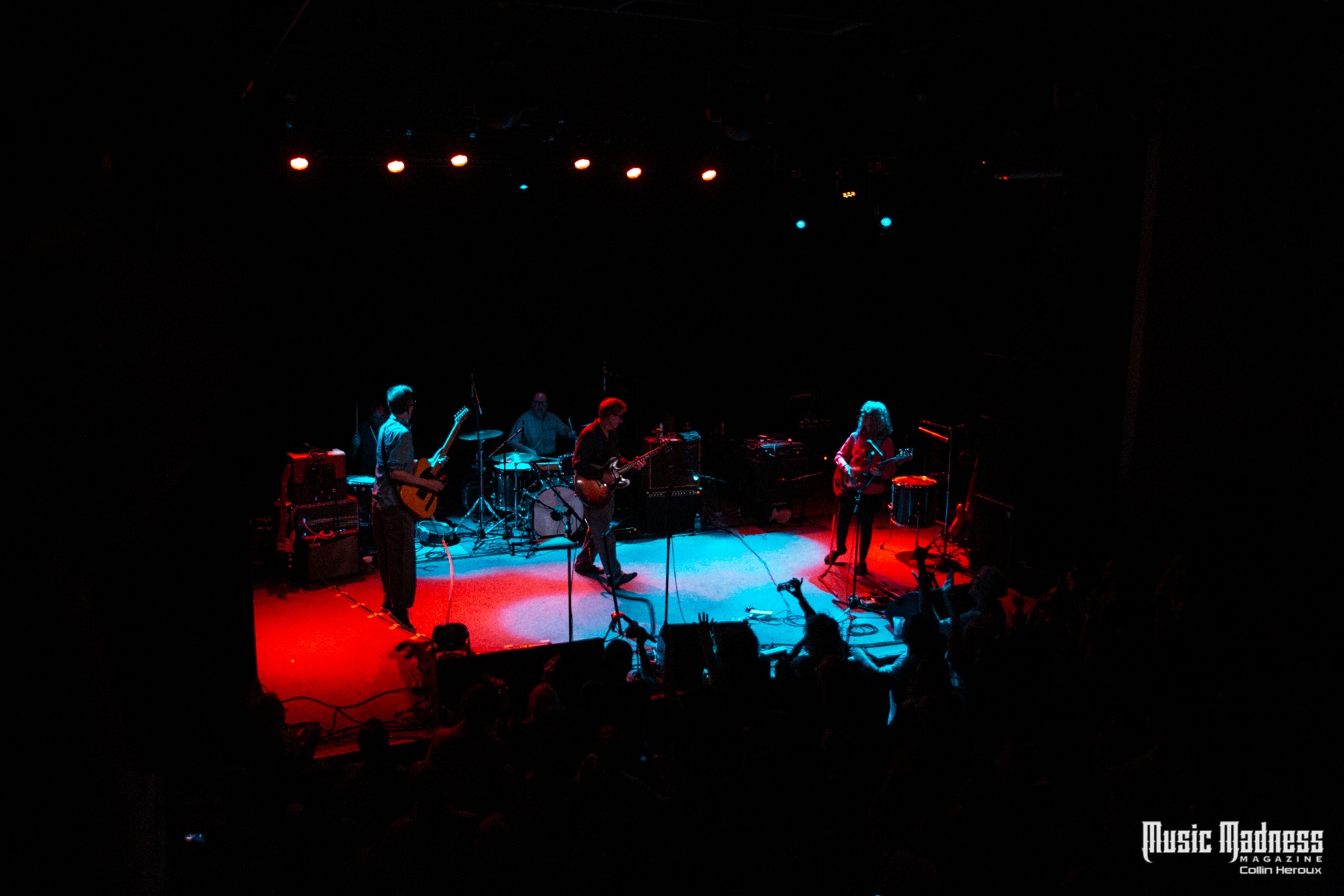
As time goes on and genres melt inexorably into one another, the spirit of innovation burns brightly; but the ubiquity of music means that everyone can trace elements of a new artist back to older times. As a result, it can be hard to hear something that unmistakably defines a new era in music in real-time. This was not the case in 1980 when The Feelies released their debut record, the now-iconic Crazy Rhythms.
In one stroke of pure genius, the New Jersey band achieved a blend of post-punk guitars and appropriately wild polyrhythms that carved out out a wholly new groove in the world of music. From the wellspring of The Feelies would eventually come bands as varied as the Violent Femmes, Clap Your Hands Say Yeah, and others – even R.E.M. would ultimately cite the band as one of their major precursors. Even in their most nascent state, The Feelies had an impact on the musical culture around them that was nearly immediate, deep, and lasting.
Headed as ever by the enigmatic Glenn Mercer, some forty years after the release of their debut, The Feelies still tour frequently, and on the final night of summer in Cambridge, MA, they fashioned a nearly three-hour set spanning the entirety of their career. The sheer immensity of the night is hard to convey, but suffice to say it had to be split into two main sets, augmented further with multiple encores. The Sinclair was packed, with scant room to move even upstairs on the mezzanine – new converts and longtime fans flooded the floor with an eagerness to be moved.
The night began slowly, with the band easing into things with slower cuts from Here Before and 2017’s In Between. But it wasn’t long before the manic guitars of Mercer and Bill Million became more prominent and unhinged, arcing backwards through the band’s catalog and ultimately landing on the explosive ‘Original Love’ from Crazy Rhythms, which provided a captivating focal point before the band took a brief break to prepare for their second set. The sophomore salvo was full of tracks from that same record, including the lengthy, mesmerizing ‘Forces at Work’; as well as ‘Loveless Love’, whose crisp, clear guitar tones soar unrestrained above a tripartite back-beat from drummer Stan Demeski.
The Feelies devote three members of their quintet to rhythm, making up the sect that catapulted them to national attention decades ago. Demeski has an able ally in Dave Weckerman, who alternates between keys, tambourine, drums, and other percussive artifacts throughout the night as needed. Rounding out the group is Brenda Sauter on bass, possessed of a warm, personable manner which complements her cornerstone role in the band. As Mercer is a man of few words – when he’s not singing in his low, Lou Reed-inspired drawl, that is – Sauter speaks during the lulls between songs to thank the audience for their presence.
The Feelies are also known for some high-profile covers, including a rendition of The Beatles’ hit ‘Everybody’s Got Something to Hide (Except Me and My Monkey)’ – but in Cambridge they elected to vary their palette even further. They did visit the Fab Four with a cover of ‘She Said She Said’, as well as their progenitors Patti Smith and The Velvet Underground, paying homage to the latter in a gorgeous rendition of ‘All Tomorrow’s Parties’. This melted into their first-ever single, ‘Fa Ce-La’, which takes a French imperative to “do this” and turns it into a catchy staccato ear worm.
After multiple encore breaks to plan and compose, the band emerged one final time, and ever-so-delicately began ‘Slipping (Into Something)’ from their stellar 1986 record The Good Earth. Beginning with hypnotic guitars, the rhythm section gradually creeps in and, true to the song’s title, builds a sonic foundation that grows ever-louder underneath guitars that crescendo into the mightiest wall of sound the night had to offer, tempo climbing higher and higher as the evening roared furiously to its conclusion.
The music of The Feelies is a perfect midpoint between what came before and what would ultimately come after. In Crazy Rhythms and their other early output, one can hear a new pathos being born that is just as relevant to and ingrained in the music today as any element of rock, folk, punk, or any of the other myriad genres that the younger artists of today blend into new forms. Listening to their early records is like hearing a piece of history that is somehow indefatigably novel at the same time – and their recent output is a testament to the power of continued innovation, building on an origin whose brilliance never fades. It’s impossible to resist.
Review and photos by Collin Heroux







